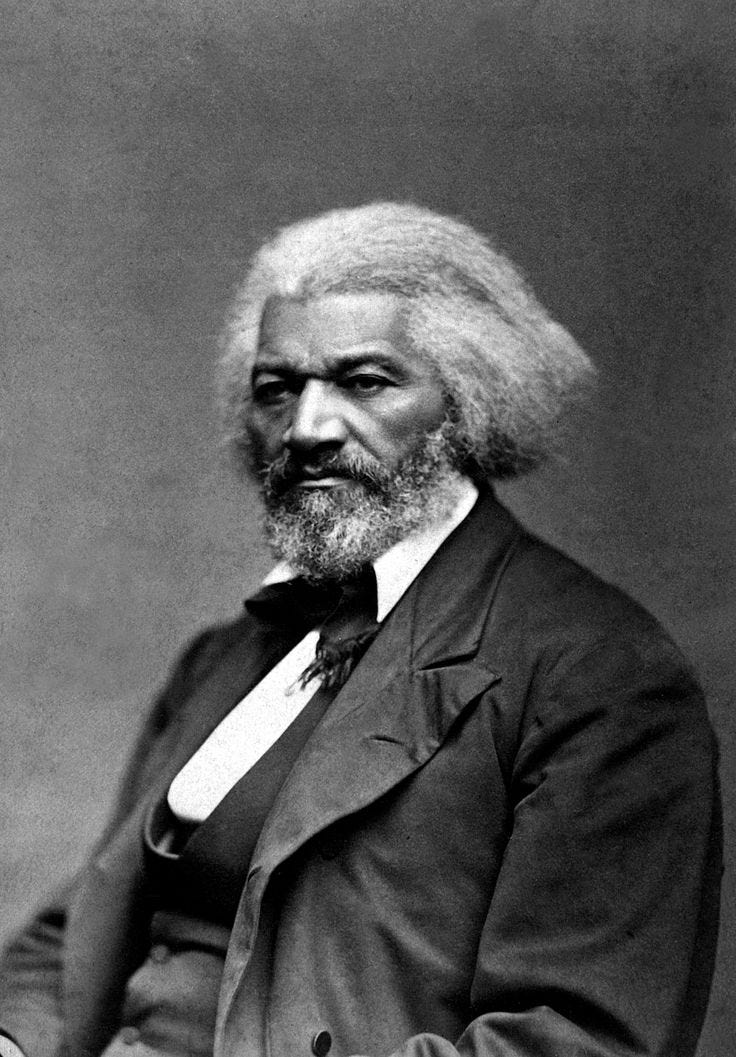Events in life are inherently neutral, God or universe doesnt care if it has affected you positively or negatively, there is no good or bad in it. It just your interpretation or emotional response to it assign it as positive or negative. This interpretation of the events based on your attitude and your character. Interpretation often stems from fear, insecurity, or preconceived notions, which distort reality and create unnecessary suffering.
When you shift your mindset to see things as neutral, you gain control over your reaction. When you learn to control your reaction, you gain strategic advantage, if you want to take events as growth or learning.
Events, Fear and Perspective:
The universe operates on cause and effect, not on emotional investment in human lives. For instance, a storm doesn’t target you personally, it simply exists. It’s your interpretation of it as a disaster or a minor inconvenience that shapes your experience. Your Fear magnifies obstacles, turning small inconveniences into perceived catastrophes. Emotional reaction clouds your judgment, making challenges feel insurmountable and paralyzing you into inaction. You have the power to reinterpret events objectively. By stripping away emotional filters, you can assess situations clearly and decide how to act instead of reacting impulsively.
Frederick Douglass
In the book 50th law Robert Greene exemplified Frederick Douglass, Born into slavery in Maryland in 1818, Douglass faced immense adversity from birth. His status as a slave meant no personal freedom, constant violence, and systematic oppression. However, he refused to let these circumstances define him emotionally or spiritually.
Despite laws and brutal opposition, Douglass taught himself to read and write. When his enslaver declared that literacy would "ruin" him, Douglass interpreted it not as a setback but as confirmation of the power of education. He viewed the denial of knowledge not as an end but as a challenge to overcome, fueling his determination.
At 16, Douglass was brutally beaten by Edward Covey, a known "slave breaker." Instead of succumbing to despair, Douglass chose to fight back physically. This act of defiance marked a symbolic death of his fear and a rebirth of his self-respect.
Douglass eventually escaped slavery, but even in the North, he faced racism and legal threats. Instead of interpreting these as permanent barriers, he used them to sharpen his resolve and become an eloquent advocate for abolition.
Frederick Douglass's life exemplifies the unyielding power of self-belief, inner purpose, and defiance against oppressive circumstances. Despite the relentless cruelty of slavery designed to destroy individuality, Douglass nurtured an unwavering sense of his own worth and destiny.
Keep reading with a 7-day free trial
Subscribe to Rgreenquote's Newsletter to keep reading this post and get 7 days of free access to the full post archives.



